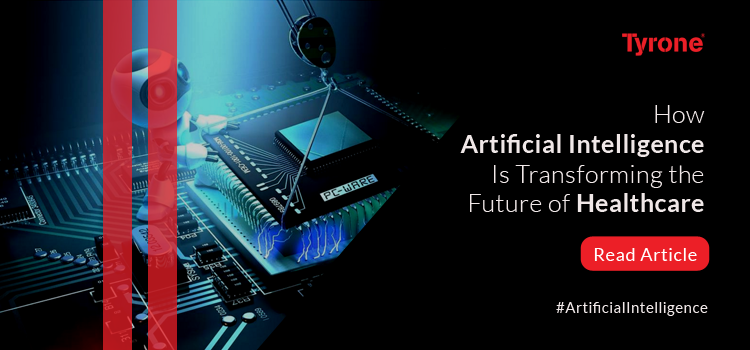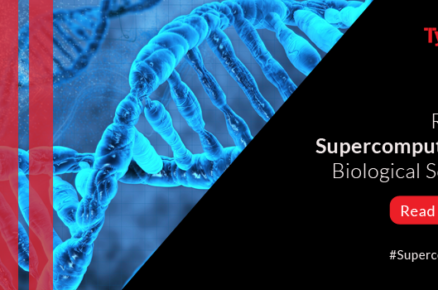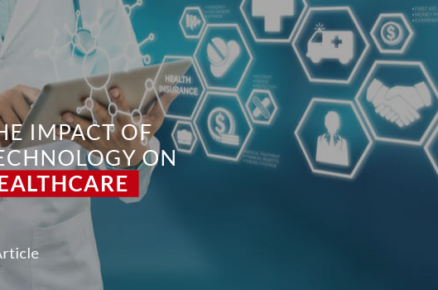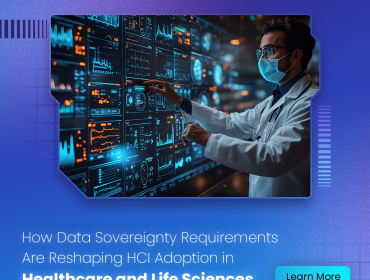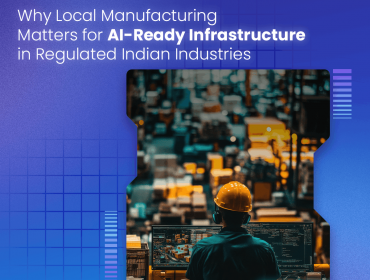Artificial intelligence (AI) is defined as the science and engineering of creating intelligent computer systems that are able to perform tasks without receiving instructions directly from humans. These computer systems use a number of different algorithms and decision-making capabilities, as well as vast amounts of data, to provide a solution or response to a request.
Thanks to the digital revolution, medical professionals don’t have to memorize nearly as much information as they did 50 years ago. Digital technology has liberated physicians, nurses and researchers to focus more mental energy on higher-level cognitive tasks and patient care. Artificial intelligence is poised to take this to the next level.
“About 85% of my ‘thinking’ time was spent getting into a position to think, to make a decision, to learn something I needed to know. Much more time went into finding or obtaining information than into digesting it … Several hours of calculating were required to get the data into comparable form. When they were in comparable form, it took only a few seconds to determine what I needed to know.”
The first-wave of AI was composed of “knowledge engineering” technology and optimization programs, which found efficient solutions for problems in the real world. Examples include scheduling platforms that improve efficiency or internet-based tax-filing products.
Second-wave AI was characterized by machine learning programs which utilized statistical probability analysis to conduct advanced pattern recognition. In contrast to first-wave AI, second-wave AI perceives and learns — sometimes more effectively than humans can.
The world is now entering the third wave of AI, in which programs normalize the context of various data in order to generate novel hypotheses. These technologies are capable of examining huge data sets, identifying statistical patterns and creating algorithms to explain the patterns.
The experts outline three forces that explain why the time may be ripe for AI in health:
1) Frustration with the existing – or legacy – medical systems among patients and health professionals
2) Ubiquity of networked smart devices in society
3) Comfort with at-home services like those provided through Amazon and other technology companies
AI In The Future
Even with the advent of third-wave AI, computers are unlikely to replace the diagnostic role of physicians in the near future. AI programs are still too limited, for example, to assess a wound for infection by synthesizing aesthetic observations such as heat, colour, smell, pain level and drainage.
AI is now sufficiently sophisticated to automate many of a physician’s tedious, repetitive tasks, however. It can, for example, reduce the time required to analyze a bacterial swab and recommend a suitable antibiotic prescription. This gives the physician more time and mental energy to perform higher-level functions such as patient education and clinical assessment.
The potential healthcare applications for AI technology are numerous and exciting. Healthcare providers are exploring the application of AI programs to insurance verification, skin cancer diagnostics, the analysis of lab results and medical record data analysis. We’re only now beginning to explore the depths of healthcare innovation that may be unlocked by continued advancements in AI technology.
As AI applications become increasingly integrated with medicine, more and more people will gain access to high-quality, efficient healthcare.


